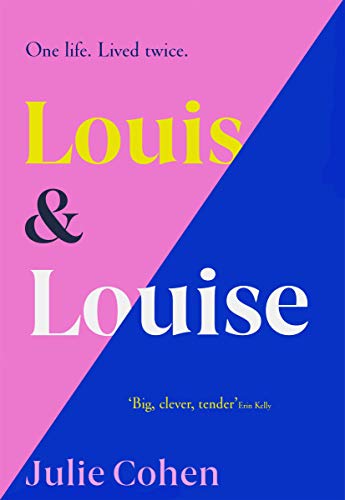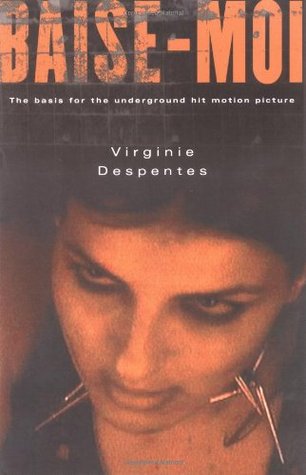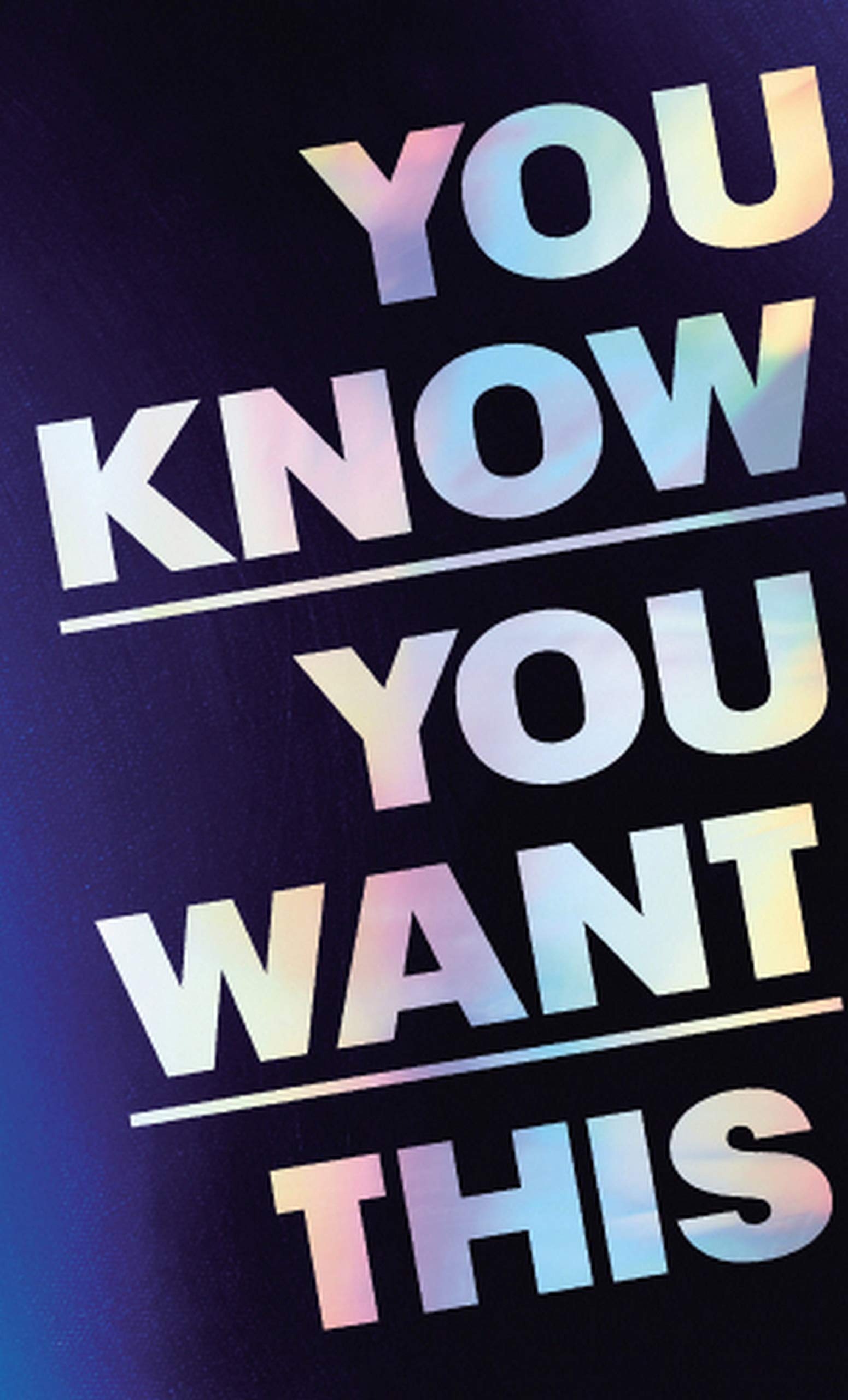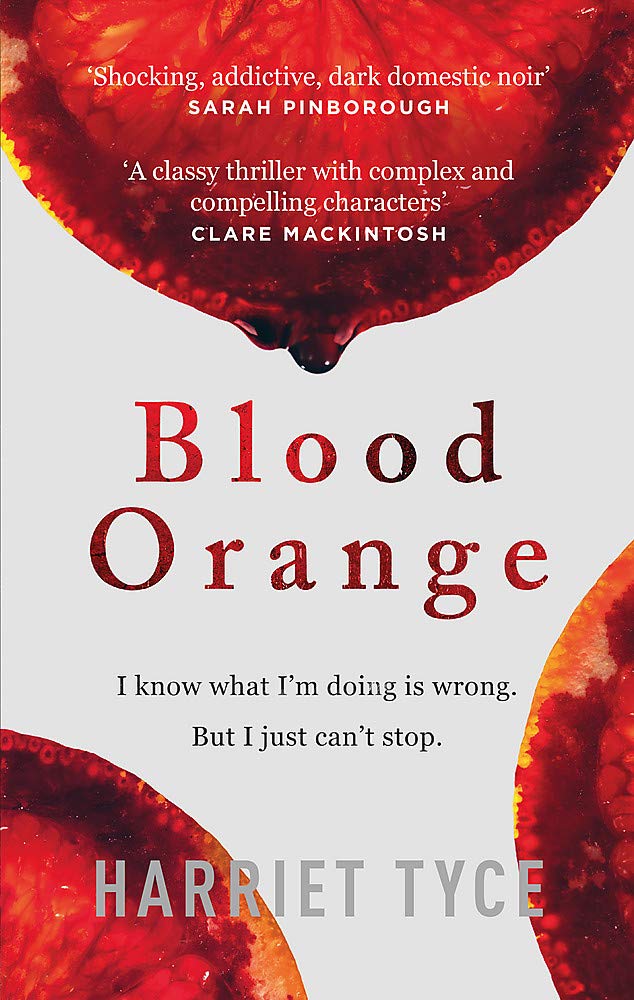At the end of 2019, I challenged myself to read 100 books from my own shelves. What I meant by from my own shelves were the books that had been sitting there some time, often for years. I was fed up of not getting to books that I knew I wanted to read because there was always something shiny and new in front of me. The pandemic helped, of course; losing most of your work and being forced to stay at home will do that. I finished the 100 in early December. Here are the ones I really really loved.

The Particular Sadness of Lemon Cake – Aimee Bender (Windmill)
I thought this would be twee, I was so wrong. The story of a girl who realises she can taste people’s emotions; the story of her brother who begins to disappear. It’s about trauma and depression and it’s perfect.

The Western Wind – Samantha Harvey (Jonathan Cape)
A Brexit allegory disguised as a Medieval whodunnit. Utterly compelling.

Fleishman Is in Trouble – Taffy Brodesser-Akner (Wildfire)
A soon-to-be-ex-wife and mother disappears. A terrible soon-to-be-ex-husband who thinks he’s great has his story narrated by his ‘crazy’ friend. A piercing look at heterosexual marriage and a send-up of the Great American Novel. Longer review here.

Things we lost in the fire – Mariana Enriquez (translated by Megan McDowell) (Granta)
Dark, dark, dark stories. So haunting, so brilliant.

Exquisite Cadavers – Meena Kandasamy (Atlantic)
A Oulipo style novella showing how fiction can be created from life, but it isn’t the same thing. Longer review here.

Ongoingness: The End of a Diary – Sarah Manguso (Graywolf Press)
Manguso wrote a daily diary until she had her first child. This is full of ideas of letting go which are so brilliant I copied many of them on to Post-Its and stuck them above my desk. It’s published by Picador in the UK.

we are never meeting in real life – Samantha Irby (Faber)
Irby is my discovery of the year. Her essays are laugh-out-loud funny and entertaining but they are also about her life as a working class, disabled Black woman with a traumatic childhood. Revolutionary.

Heartburn – Nora Ephron (Virago)
Funny; good on cooking and marriage. Devastating final chapter.

Fingersmith – Sarah Waters (Virago)
Clever crime novel about class, the art of theft and pornography. Superb structure. A masterpiece.

The Chronology of Water – Lidia Yuknavitch (Canongate)
Yuknavitch’s non-chronological memoir about the fifteen lives she has lived. It’s about dying (metaphorically), swimming (literally and metaphorically) and living (literally). It fizzes.

Bear – Marian Engel (Pandora)
The headline is this is a book about a woman who has sex with a bear. It’s really about female autonomy. It’s being republished in the UK in 2021 by Daunt Books.

Magic for Beginners – Kelly Link (Harper Perennial)
Kelly Link is a genius. These stories are so rich in detail; she takes you from a situation that seems perfectly normal to a wild, subverted world that also seems perfectly normal. Incredible.

Parable of the Talents – Octavia E. Butler (Headline)
The novel that predicted a president who would aim to ‘Make America Great Again’. It’s as much the story of a mother / daughter relationship formed under significant trauma as it is the story of a country at war with itself. Longer review here.
Copies of The Particular Sadness of Lemon Cake, Fleishman is in Trouble, Exquisite Cadavers, we are never meeting in real life, The Chronology of Water and Parable of the Talents were courtesy of the publishers as listed. All others are my own copies.


















 The Electric Michelangelo– Sarah Hall
The Electric Michelangelo– Sarah Hall My Sister the Serial Killer– Oyinkan Braithwaite
My Sister the Serial Killer– Oyinkan Braithwaite Louis & Louise– Julie Cohen
Louis & Louise– Julie Cohen Baise-Moi – Virginie Despentes (translated by Bruce Benderson)
Baise-Moi – Virginie Despentes (translated by Bruce Benderson) The Mental Load – Emma (translated by Una Dimitrijevic)
The Mental Load – Emma (translated by Una Dimitrijevic) You Know You Want This – Kristen Roupenian
You Know You Want This – Kristen Roupenian Blood Orange – Harriet Tyce
Blood Orange – Harriet Tyce





